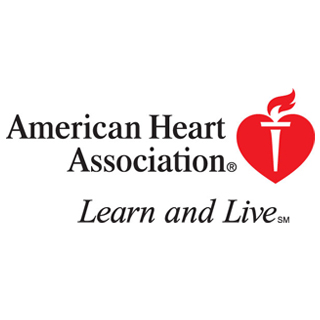
Gingko biloba is known to contain a class of nutrients called flavonoids. Supposedly, these flavonoids are found in fruits, vegetables, dark chocolate and red wine which is believed to offer some protection against cardiovascular events.
“Surprisingly, Ginkgo was associated with a reduction in peripheral artery disease, but the number of patients was small. The difference was statistically significant,†says first researcher, Lewis H. Kuller, M.D., Dr.P.H, distinguished university professor of public health and professor of epidemiology at the University of Pittsburgh.
The novel findings appear to come from the randomized, 3,069-patient Ginkgo Evaluation of Memory Study. The authors from the study were believed to have reported last year that the herb had no effect on dementia. As part of the study, they also seemed to have examined the herb’s role in preventing heart disease.
During the research, participants appeared to have been mostly white i.e. 95 percent with an average age of 79 years. In addition, more than half i.e. 55 percent seemed to suffer from high blood pressure and 25 percent had a history of cardiovascular disease. The researchers were noted to have given participants either 120 mg of EGb761, a highly purified form of Ginkgo biloba or placebo two times daily with an average 6.1 years.
The findings revealed that during the research, nearly 385 patients died while about 164 were hospitalized with heart attacks. Moreover, approximately 151 suffered from strokes, about 73 had temporary ischemic attacks and 207 were observed to have experienced chest pain.
The researchers however found no considerable differences between the Ginkgo biloba and placebo groups in any of these outcomes. Furthermore, amongst the 35 people who had major treatment for peripheral artery disease, about 23 appeared to have received placebo and 12 got Ginkgo biloba, a statistically significant difference.
“Clearly you can’t make a national recommendation based on these numbers, but the data is intriguing. Peripheral artery disease is a major public health problem and the preventive therapies are not very good. My feeling is that ginkgo and its class of agents, flavonoids, should be further evaluated to see if they have some benefit,†explains Kuller.
The American Heart Association recommends that people may obtain nutrients and beneficial plant compounds from a diet rich in vegetables and fruits, low fat and fat free dairy products. In addition to, whole grains and fiber, with limited added sugars, low saturated fat and cholesterol.
The findings of the research have been published in the journal, Circulation: Cardiovascular Quality and Outcomes.
